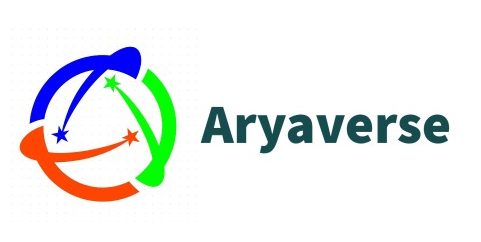
Empowering the future of freelancing: Blockchain has disruptive potential.
Freelancing has undergone a remarkable evolution, offering individuals worldwide the freedom to work on their terms and providing businesses with access to diverse talent pools. However, traditional freelance platforms have limitations, such as high fees and centralized control. Enter blockchain technology—an innovative and decentralized system poised to revolutionize the freelancing industry. In this blog, we explore the intersection of freelancing and blockchain, delving into the transformative benefits, present challenges, and exciting future prospects this amalgamation holds.

I. Understanding Blockchain Technology: To fully comprehend the potential impact of blockchain on freelancing, it’s crucial to grasp its core principles. Blockchain represents a distributed ledger that securely records transactions across multiple computers. Its inherent features include decentralization, immutability, transparency, and cryptographic security.
II. Unleashing the Power of Decentralized Freelancing: By eliminating intermediaries, blockchain-based platforms disrupt the traditional freelance paradigm, fostering direct peer-to-peer interactions. This decentralization yields substantial benefits. Firstly, it slashes fees, enabling freelancers to retain a fairer share of their earnings. Secondly, it instills trust through smart contracts, automating agreements, and safeguarding funds in escrow until job completion. Thirdly, it unlocks a global talent pool, granting clients access to skilled professionals across borders.
III. Empowering Freelancers with Blockchain: Freelancers stand to gain a multitude of advantages by embracing blockchain-based platforms. Firstly, they benefit from reduced fees and expedited payment settlements due to the removal of intermediaries. Secondly, blockchain offers a transparent and immutable work history, establishing a reputation system that enhances credibility. This augmented reputation leads to increased job opportunities and improved compensation. Moreover, smart contracts protect freelancers against non-payment or client disputes, as funds remain secure in escrow until contractual obligations are fulfilled.
IV. Advantages for Clients in the Blockchain Era: Clients also experience significant advantages by embracing blockchain-based freelancing platforms. They gain unparalleled access to a diverse talent pool, unrestricted by geographical boundaries. This wider talent pool enables businesses to locate specialized skills that may be scarce in local markets. Additionally, smart contracts ensure that clients only release payment upon satisfactory completion of work, bolstering security and guaranteeing high-quality deliverables.
V. Overcoming Challenges and Envisioning the Future: While the potential of blockchain in freelancing is immense, challenges persist. Widening adoption and raising awareness remain key obstacles, as many freelancers and clients are yet to embrace blockchain technology. Scalability and transaction speed are also vital aspects that demand attention for widespread acceptance. However, these challenges are expected to be surmounted as blockchain technology advances and matures.
Looking ahead, the future of blockchain in freelancing is auspicious. The ability to execute secure, efficient, and trustless transactions without intermediaries has the potential to reshape the industry. As more blockchain-based platforms emerge and gain momentum, freelancers and clients will continue to benefit from enhanced transparency, reduced costs, and an inclusive global marketplace.
Blockchain technology possesses the transformative power to reshape the freelancing landscape, addressing long-standing challenges while introducing groundbreaking possibilities. Decentralized platforms offer advantages such as lower fees, increased trust, and access to a global talent pool. Freelancers can relish fairer compensation, fortified reputation systems, and enhanced security, while clients gain access to specialized skills and secure, superior deliverables. Despite existing hurdles, the future outlook for blockchain in freelancing is exceedingly promising. As awareness grows, technological advancements overcome scalability obstacles, and adoption becomes widespread, we can anticipate an era of efficient, transparent, and inclusive freelancing ecosystems empowered by blockchain.




